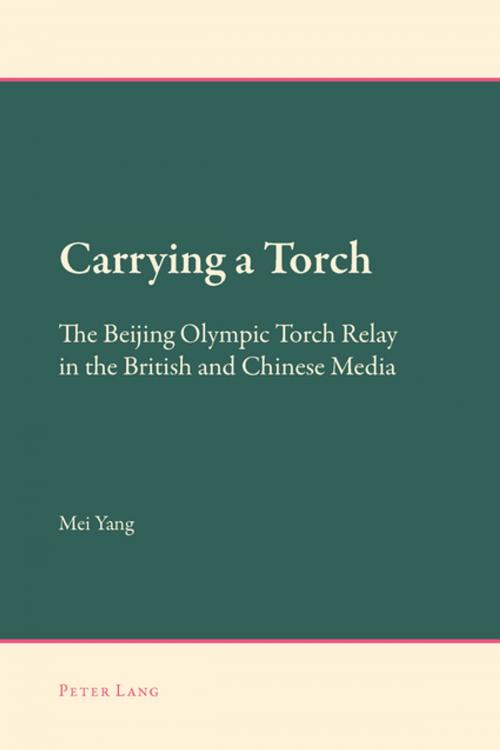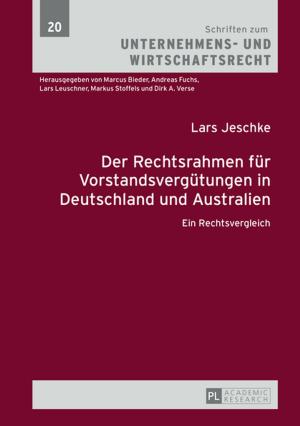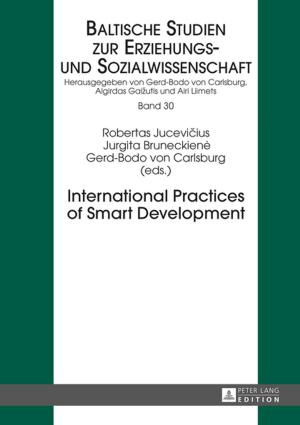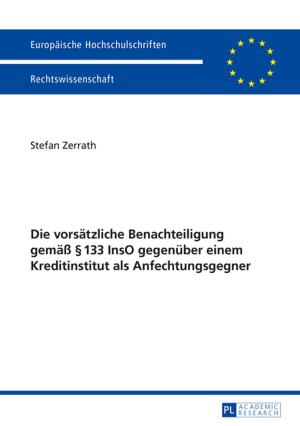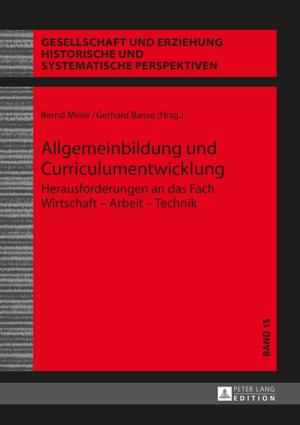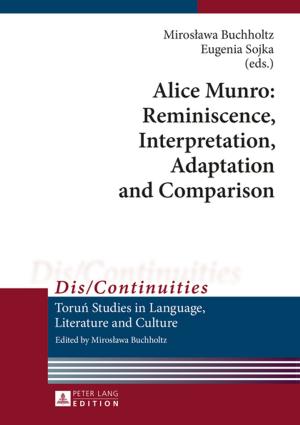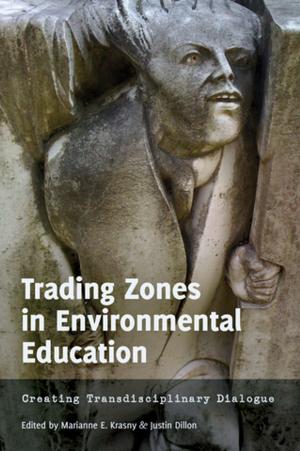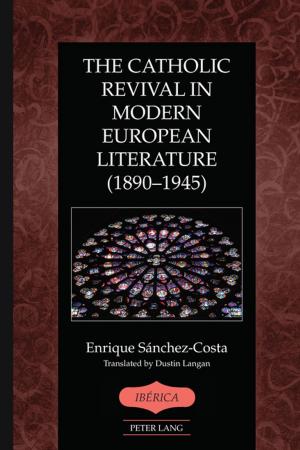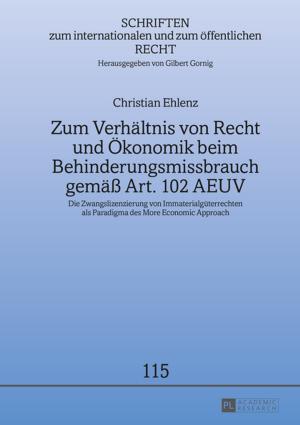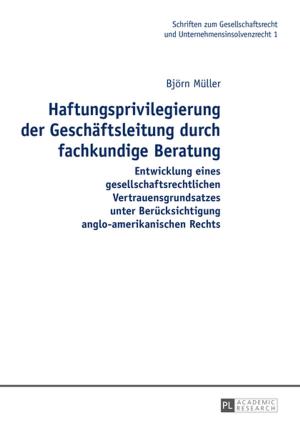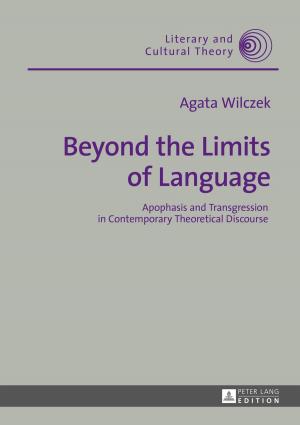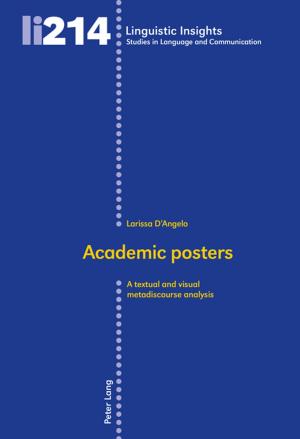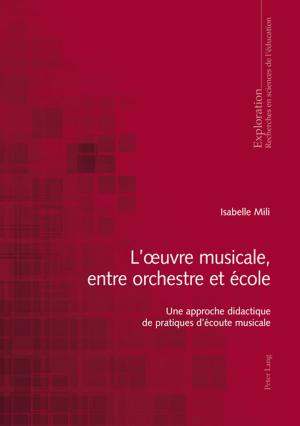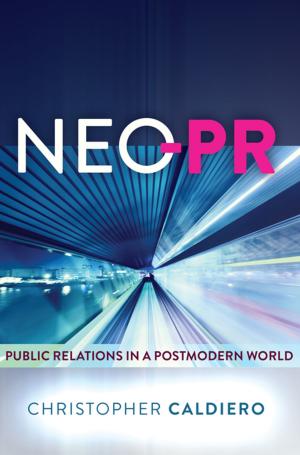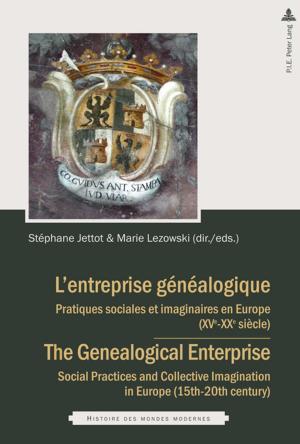Carrying a Torch
The Beijing Olympic Torch Relay in the British and Chinese Media
Nonfiction, Reference & Language, Language Arts, Public Speaking, Communication| Author: | Mei Yang | ISBN: | 9783035399011 |
| Publisher: | Peter Lang | Publication: | August 27, 2014 |
| Imprint: | Peter Lang AG, Internationaler Verlag der Wissenschaften | Language: | English |
| Author: | Mei Yang |
| ISBN: | 9783035399011 |
| Publisher: | Peter Lang |
| Publication: | August 27, 2014 |
| Imprint: | Peter Lang AG, Internationaler Verlag der Wissenschaften |
| Language: | English |
The Olympic torch relay held before the 2008 Games was the moment when East met West on the media stage. This book analyses the torch relay and its representation, offering a discursive construction of Olympic ideology by and through the media in both East and West. The author argues that the discourse used by the media in different social contexts reflected the diversity of ideologies and cultural values with which the Olympic flame was imbued.
A corpus-based Discourse-Historical Approach in Critical Discourse Analysis (DHA-CDA) is applied to media discourse in the United Kingdom and in China to examine the complexity, contradiction and conflicts in linguistic interpretations of Olympic ideology. Corpora drawn from the China Daily, BBC News and The Guardian are described, interpreted in their linguistic contexts, and then explained in terms of the broader historical and socio-political contexts surrounding the dynamic life of the Olympic torch relay. This unique study sheds light on the significance of the Olympic Games for East-West media discourse and analysis.
The Olympic torch relay held before the 2008 Games was the moment when East met West on the media stage. This book analyses the torch relay and its representation, offering a discursive construction of Olympic ideology by and through the media in both East and West. The author argues that the discourse used by the media in different social contexts reflected the diversity of ideologies and cultural values with which the Olympic flame was imbued.
A corpus-based Discourse-Historical Approach in Critical Discourse Analysis (DHA-CDA) is applied to media discourse in the United Kingdom and in China to examine the complexity, contradiction and conflicts in linguistic interpretations of Olympic ideology. Corpora drawn from the China Daily, BBC News and The Guardian are described, interpreted in their linguistic contexts, and then explained in terms of the broader historical and socio-political contexts surrounding the dynamic life of the Olympic torch relay. This unique study sheds light on the significance of the Olympic Games for East-West media discourse and analysis.
